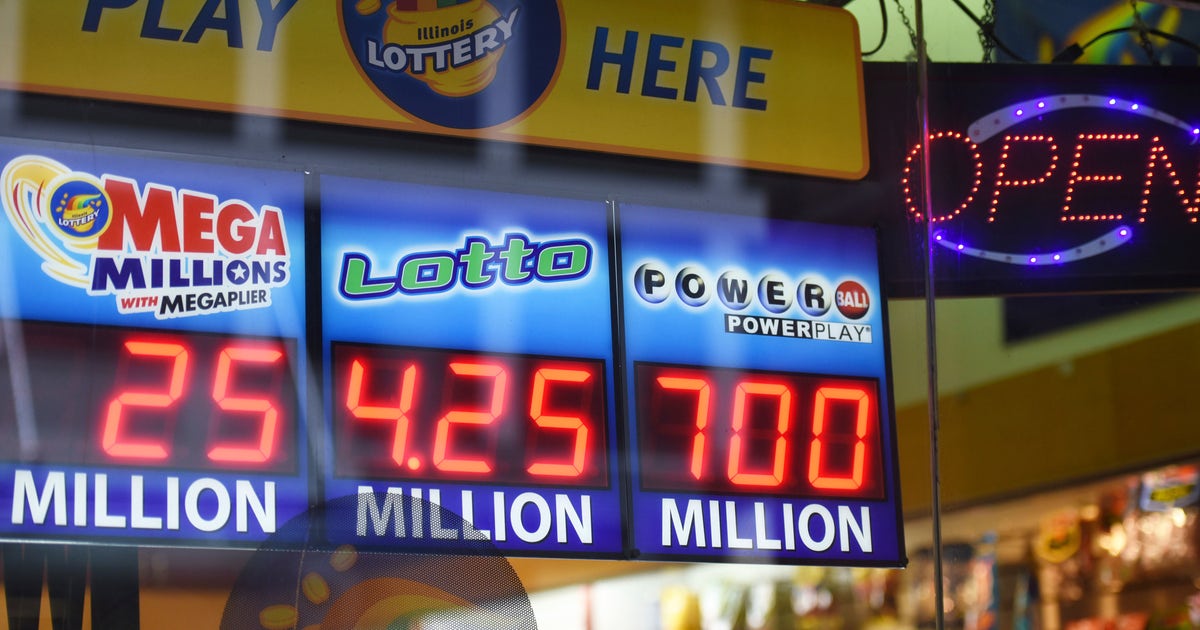The Latest: DOJ: Lottery not proven its immune from Wire Act


LAS VEGAS (AP) — The Latest on recent opinion by the U.S. Justice Department that could put $220 million in lottery revenues at risk (all times local):
3:30 p.m.
The U.S. Justice Department says in a federal court brief that the New Hampshire Lottery Commission has failed to demonstrate that it wouldn’t be immune from 1960s law enacted to crack down on the mob.
On Thursday, the Justice Department filed the brief in Concord, New Hampshire, in response to a judge’s order for it to clarify its interpretation of the Wire Act. States fear losing at least $220 million annually in lottery profits if the Wire Act is determined to apply to all forms of gambling that crosses state lines.
The department also affirmed any early promise to not prosecute state lotteries or their vendors while it continues to review whether the Wire Act applies to lotteries.
In 2011, New York and Illinois asked the Obama administration whether selling lottery tickets online violated the law. The department concluded that online gambling within states that does not involve sporting events would not break the law.
The department did an about-face in November, saying the law applies to any form of gambling that crosses state lines.
That prompted the lottery commission in February to file a federal lawsuit demanding that a judge rule that the law does not apply to lotteries.
__
10 a.m.
A recent opinion by the U.S. Justice Department has put a handful of states in danger of losing at least $220 million annually in lottery profits.
The states are anxiously waiting on a clarification from the Justice Department about its opinion that could outlaw lottery tickets sold online if strictly interpreted.
The uncertainty was created by an opinion on a 1960s law enacted to crack down on the mob.
Decades later and with the internet ruling everyone’s lives, New York and Illinois asked the Obama administration whether selling lottery tickets online violated the law. The department in 2011 concluded that online gambling within states that does not involve sporting events would not break the law.
The department did an about-face in November, saying the law applies to any form of gambling that crosses state lines.






